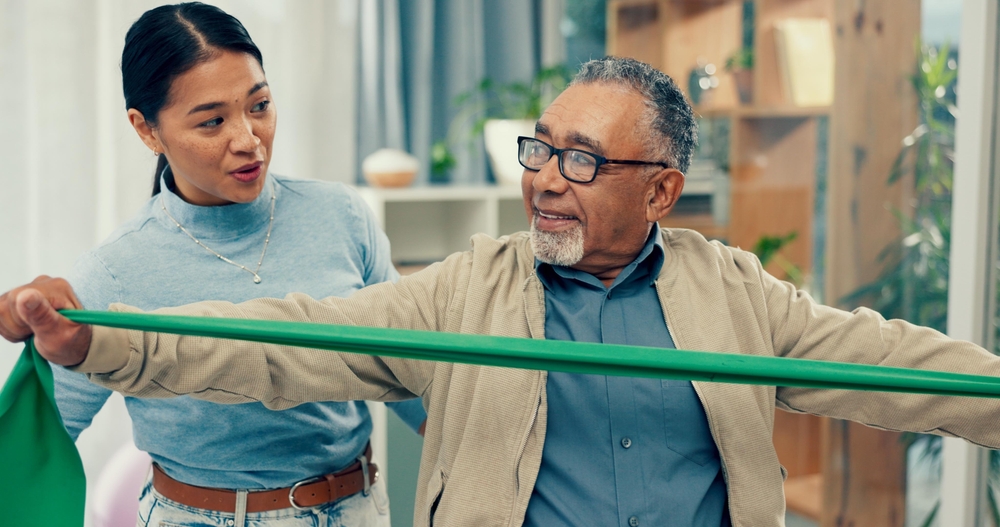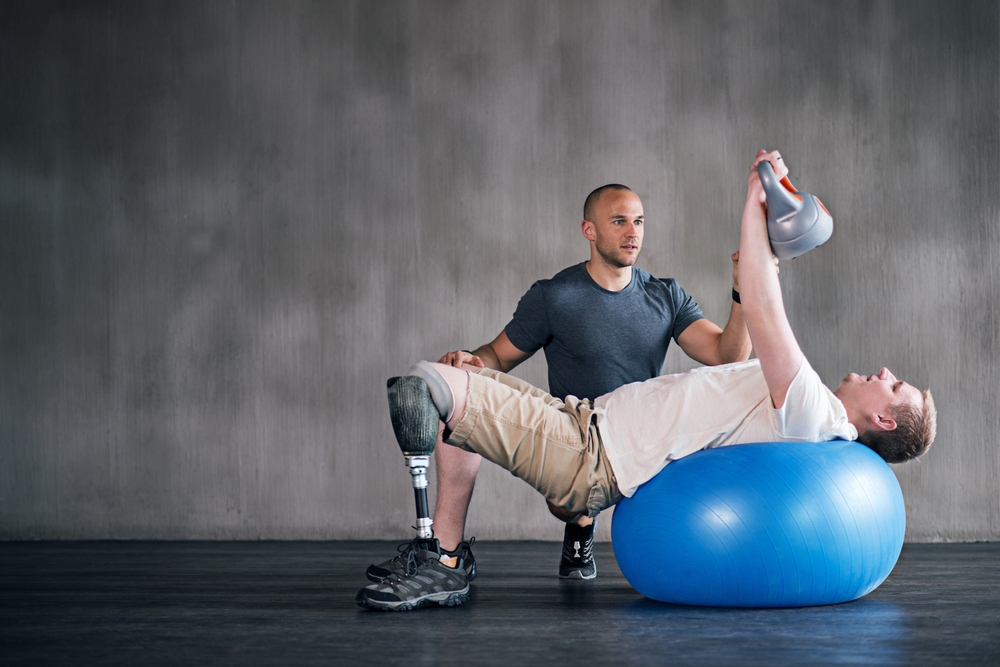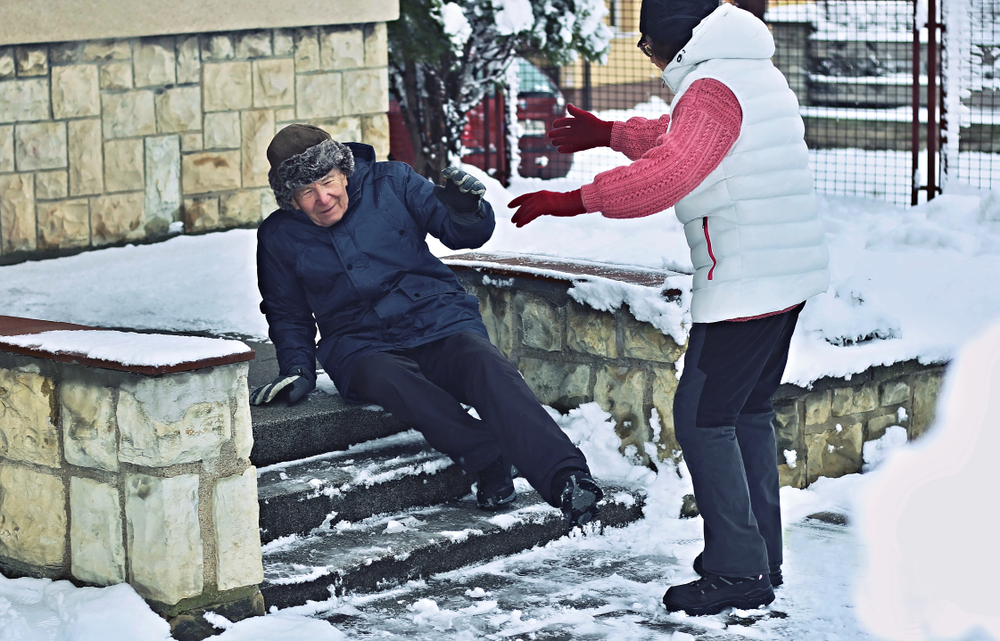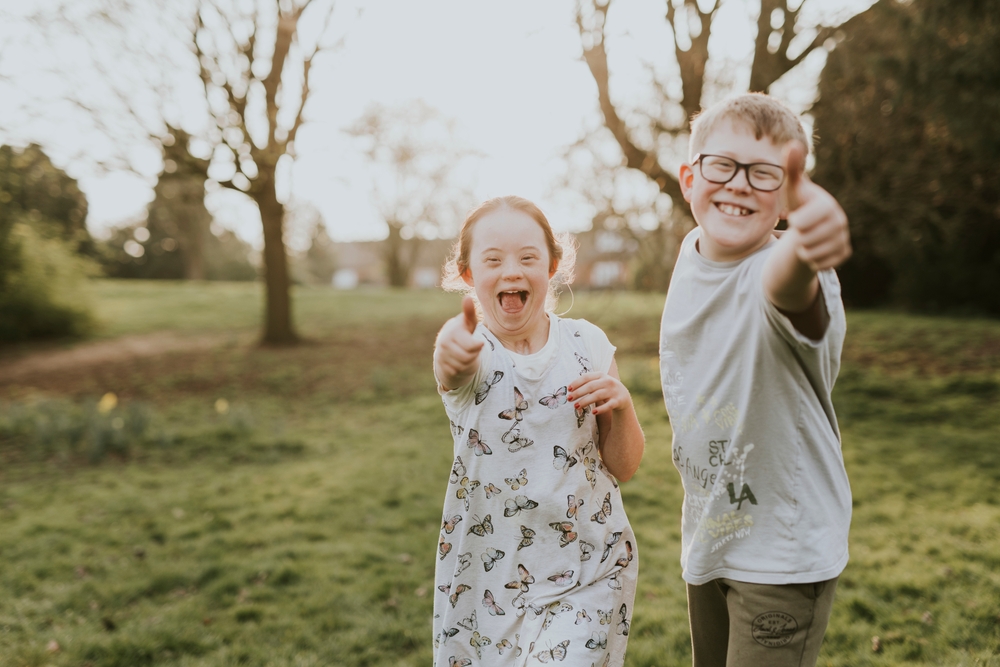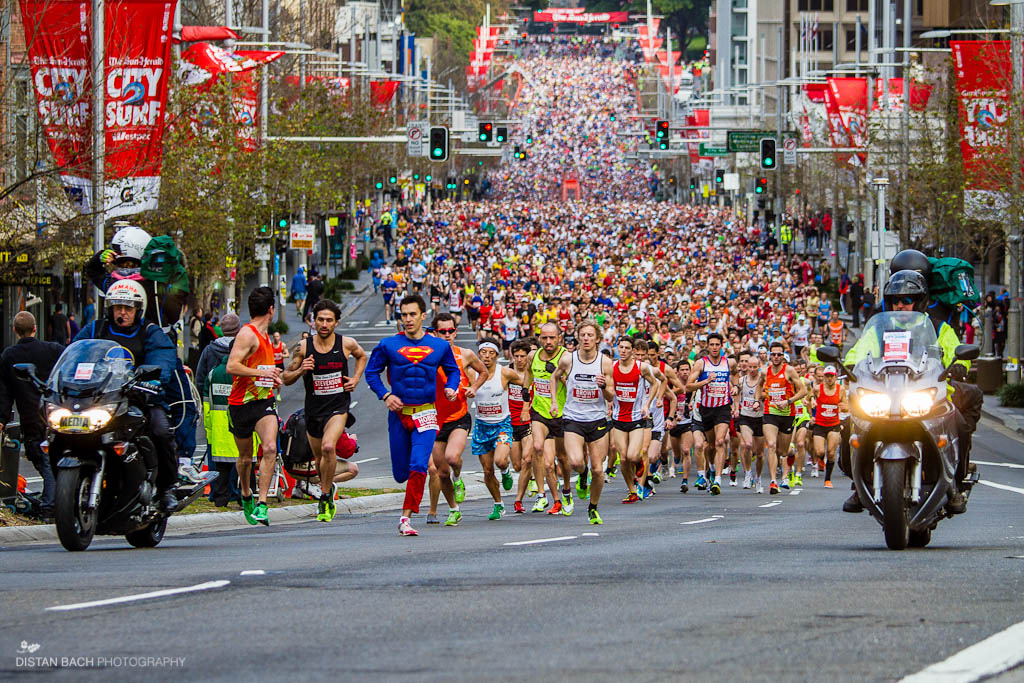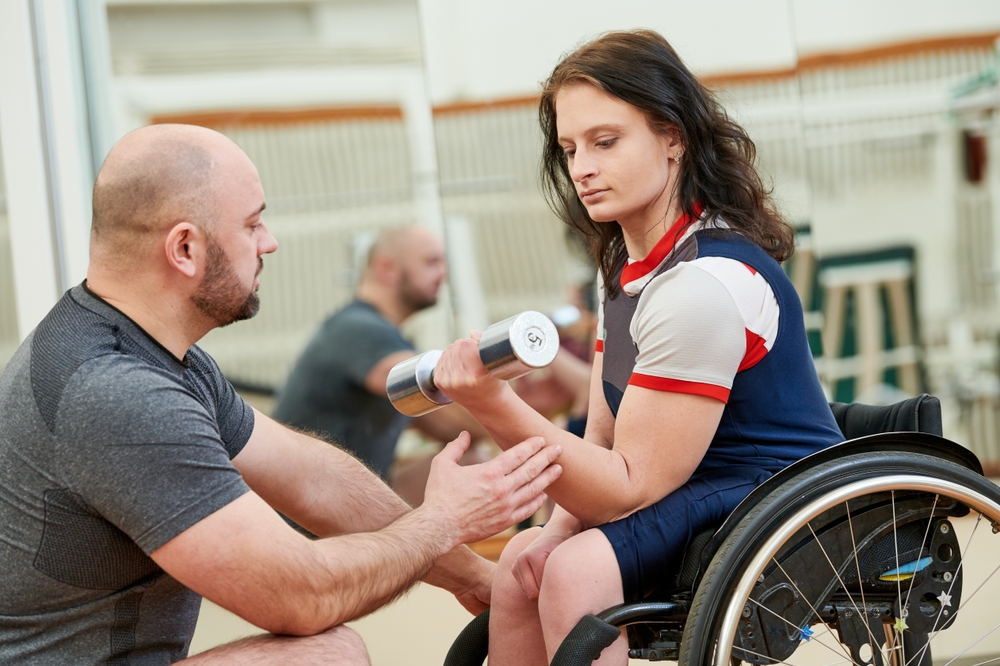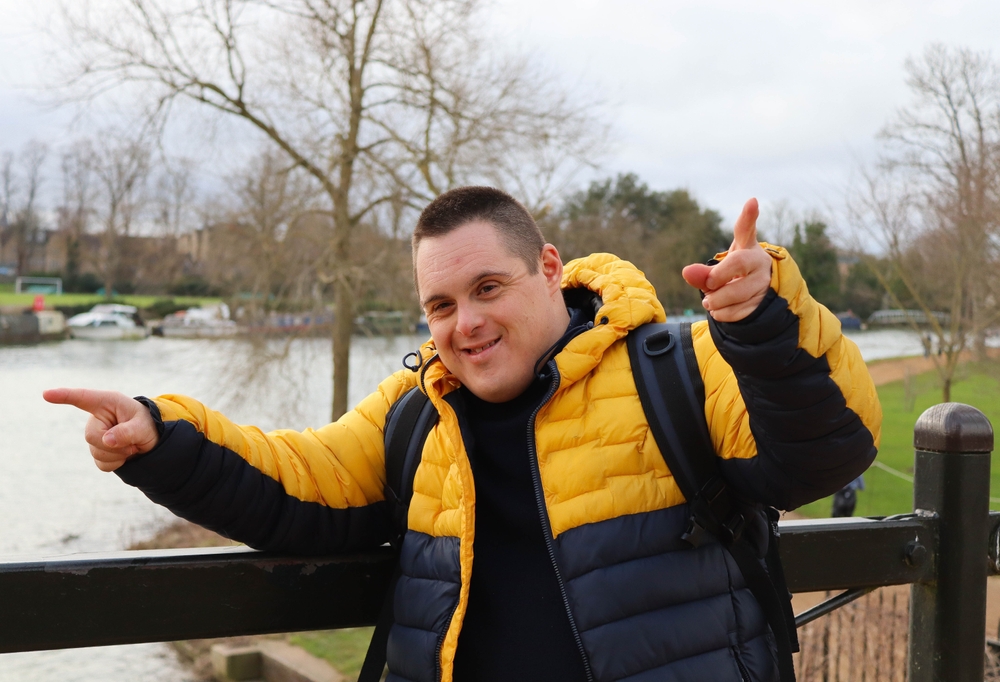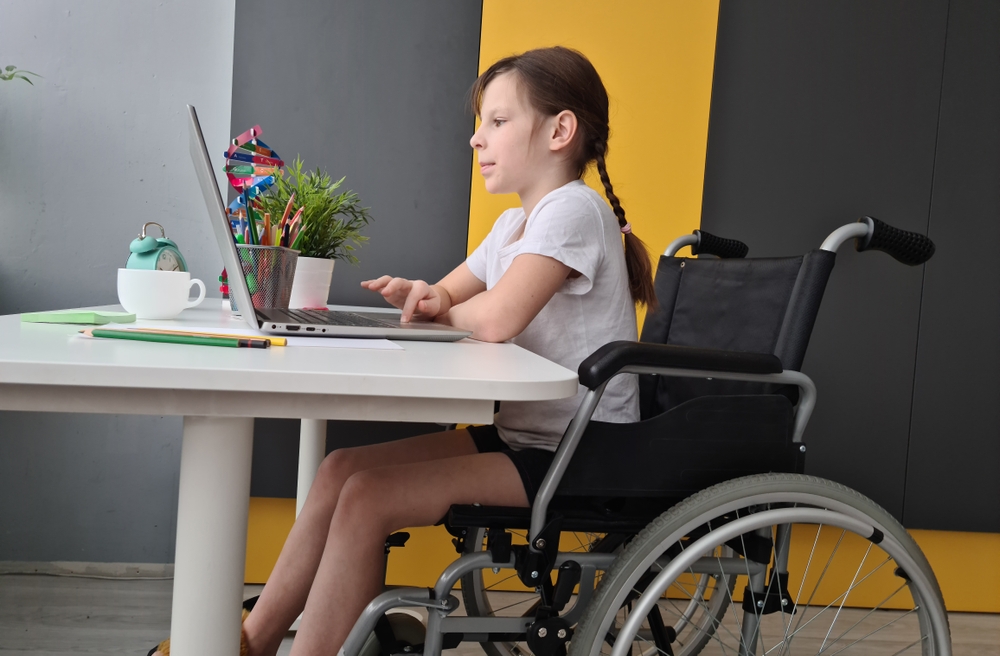Make an Appointment
Why Physiotherapy Matters for NDIS Children
Physiotherapy plays a crucial role in helping children with disabilities live more independent and fulfilling lives. For families supported by the National Disability Insurance Scheme (NDIS), physiotherapy can help children achieve important developmental milestones, reduce physical barriers, and improve participation at home, school, and in the community.
Children with disability or developmental delays may struggle with motor skills like walking, running, or jumping. Physiotherapy provides structured, goal-based therapy that targets these areas and helps prevent future complications such as joint stiffness, muscle weakness, or poor posture.
Early intervention is particularly impactful. Research shows that therapy delivered during a child’s early years, when their brain and body are still developing, can significantly enhance outcomes later in life (Raising Children Network).
For families navigating the NDIS, physiotherapy offers:
- Support for gross motor development
- Pain management and movement support for complex conditions
- Equipment recommendations like walkers or orthotics
- Education for carers and parents to continue therapy at home
- Progress tracking for NDIS reviews
Whether your child has a formal diagnosis like cerebral palsy, or is simply behind in motor development, physiotherapy can help unlock their full potential, and NDIS funding can make it accessible.
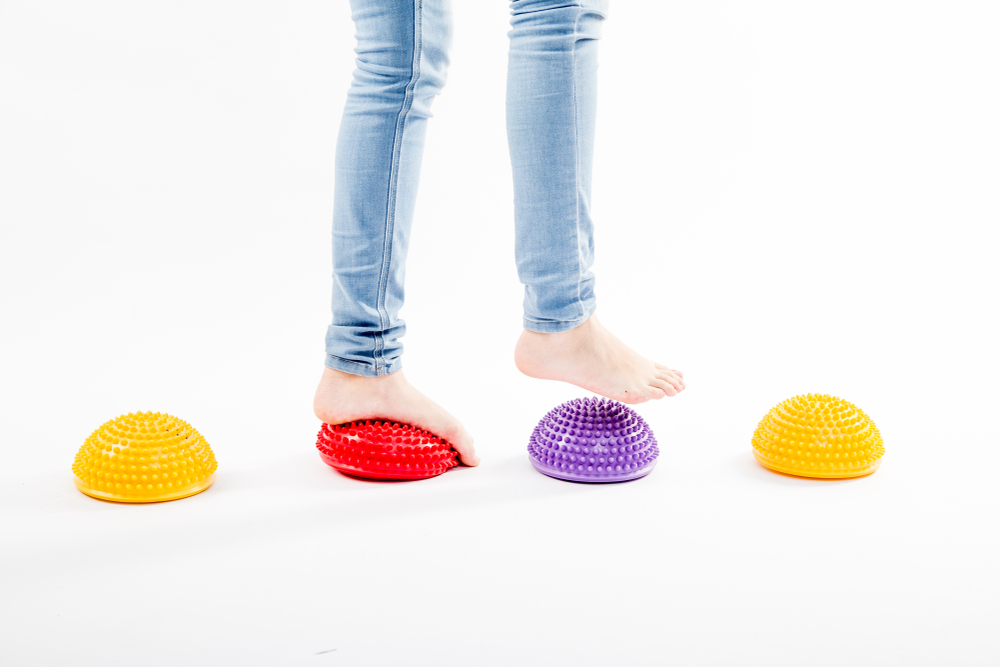
Does NDIS Pay for Physiotherapy?
Yes. The NDIS funds physiotherapy for children with a permanent and significant disability or developmental delay. Funding is tailored to each child’s unique needs and goals and may include therapy sessions, assessments, assistive technology, and parent education.
Children aged 0–8 can access supports through the Early Childhood Approach without a formal diagnosis. This model prioritises early intervention to improve lifelong outcomes and reduce the need for more intensive support later on. Services are coordinated by Early Childhood Partners, who assess needs and connect families with appropriate therapists, including physiotherapists.
NDIS funding for physiotherapy may cover:
- Initial and ongoing assessments
- Therapy sessions (in-clinic, in-home, school-based, or telehealth)
- Equipment like standing frames, gait trainers, or supportive footwear
- Progress reports for NDIS plan reviews
- Travel time for mobile therapists (if reasonable and necessary)
The key is ensuring that physiotherapy goals align with your child’s NDIS plan objectives, such as increasing independence or improving access to education.
For more information, visit the official NDIS Early Childhood Approach page:
ndis.gov.au/understanding/families-and-carers
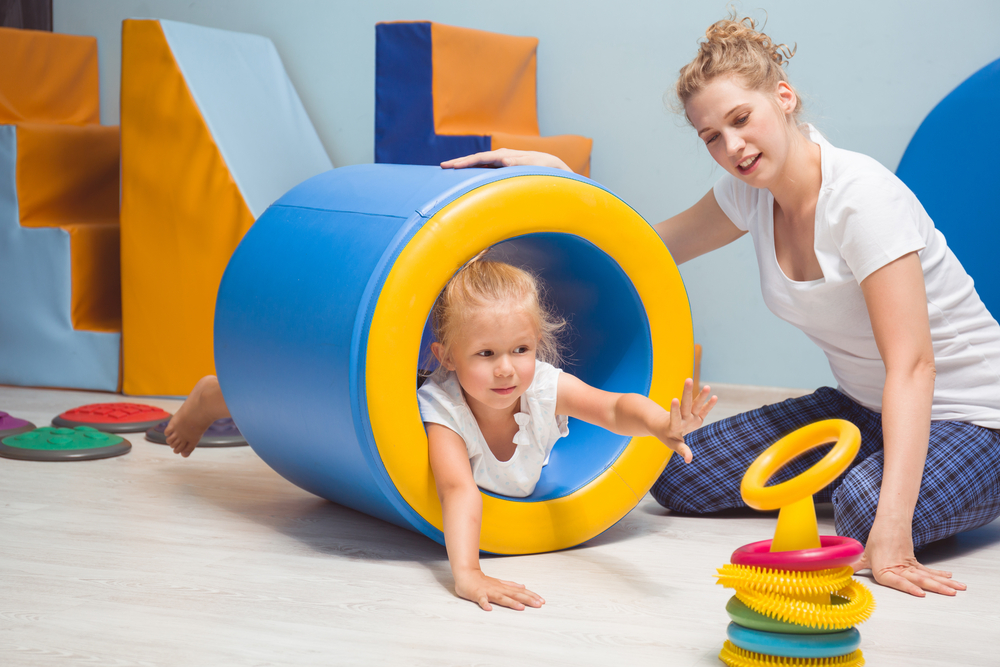
What Category Does Physiotherapy Come Under NDIS?
Physiotherapy services are most commonly funded under the Capacity Building category of an NDIS plan, specifically within:
- Improved Daily Living: This supports assessments, training, and therapies that help children build functional skills for everyday life.
In some cases, funding may also come from:
- Core Supports – Assistance with Daily Life: If the physiotherapy is essential for daily function or managing a specific disability-related need.
- Assistive Technology: If a child needs equipment such as mobility aids, orthotics, or therapeutic seating, physiotherapy assessments may be funded under this category.
It’s important to note that the NDIS does not fund therapy for goals unrelated to disability (e.g. sports performance). All requests must be deemed “reasonable and necessary” under the NDIS criteria.
NDIS participants can check their plan to see what categories are available and work with a Support Coordinator or Early Childhood Partner to allocate funds accordingly. Therapists typically provide progress notes and reports that support goal tracking and future funding requests.
For full details, refer to NDIS Pricing
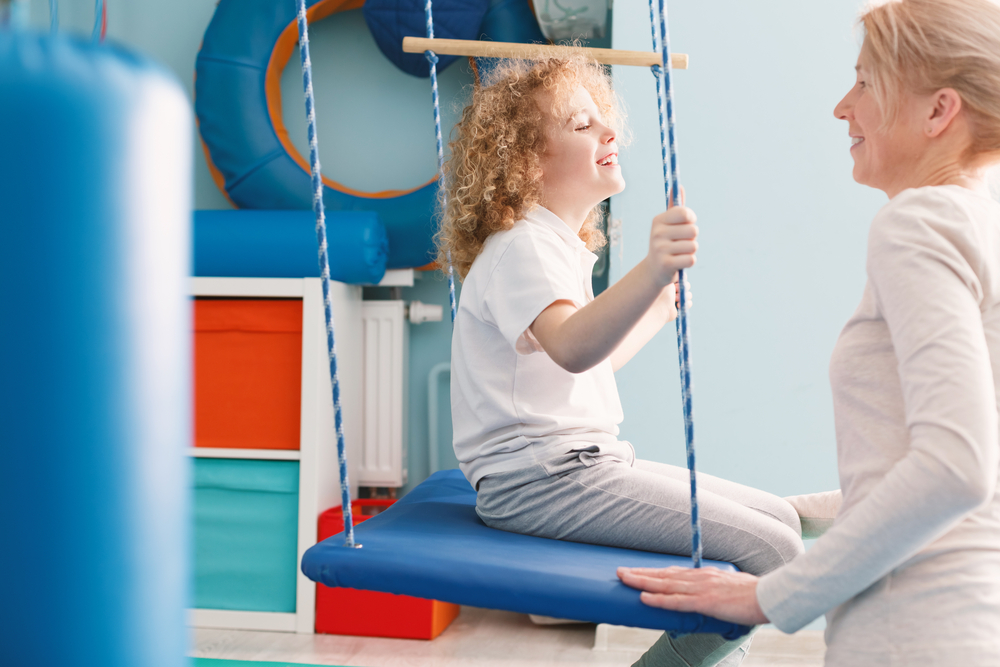
How Do Physiotherapists Support Children?
Physiotherapists use play-based, family-centred approaches to engage children and integrate therapy into daily routines:
Motor Skill Development:
- Floor-to-Stand Transitions: Teaching safe strategies to rise independently.
- Balance Exercises: Structured games on wobble boards or balance beams to improve postural control.
Strength & Coordination:
- Theraband Resistance: Fun activities like balloon-popping games that target specific muscle groups.
- Obstacle Courses: Crawling, hopping and stepping tasks to foster coordination.
Functional Mobility Training:
- Gait Re-education: Using treadmills with harness support or overground walking with verbal cues to refine walking patterns.
- Stair Negotiation: Gradual practice on steps, using handrails or assistive devices as needed.
Parent & Carer Education:
- Handling Techniques: Safe ways to lift or transfer children who have limited mobility.
- Home Exercise Integration: Incorporating therapeutic activities into mealtime or playtime routines.
Therapy is often delivered through one-on-one sessions at home, in a clinic, or at school. Many therapists now offer telehealth, which is especially valuable for rural or regional families.
Progress is tracked regularly using standardised tools and personalised observations. Reports are often submitted to the NDIS as part of annual reviews or plan reassessments.
Children with complex needs may receive integrated support from a multidisciplinary team, including:
- Occupational therapists (for fine motor skills)
- Speech pathologists (for communication and feeding)
- Behavioural therapists
- Early childhood educators
For more on what paediatric physiotherapy involves, see this guide from The Royal Children’s Hospital.

What Is Paediatric Physiotherapy?
Paediatric physiotherapy is a specialised area of physiotherapy focused on helping babies, children, and adolescents improve their movement and physical function. It addresses the unique developmental stages of children, considering how they grow, learn, and play.
Unlike general physiotherapy, paediatric physios use techniques that are age-appropriate and often play-based. Therapy might involve obstacle courses, interactive games, floor exercises, or aquatic therapy, depending on the child’s goals and preferences.
Paediatric physios commonly support children with:
- Cerebral palsy
- Down syndrome
- Autism spectrum disorder
- Spina bifida
- Torticollis or plagiocephaly (head/neck issues in babies)
- Developmental delays
- Musculoskeletal injuries or conditions
They are also trained to prescribe and monitor the use of mobility aids, orthotics, and adaptive equipment. Many are part of multidisciplinary teams supporting school inclusion, early intervention, and NDIS plan outcomes.
To practise in Australia, paediatric physiotherapists must be registered with AHPRA and are often members of the Australian Physiotherapy Association (APA). You can verify credentials via ahpra.gov.au.
To find a trusted paediatric physiotherapist in your area, check out:
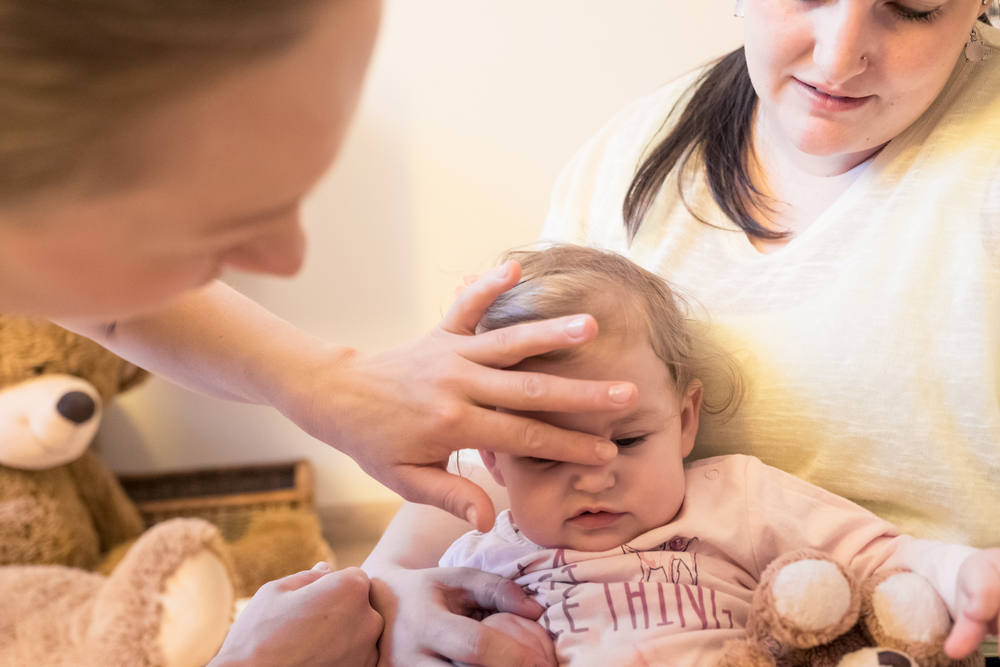
Frequently Asked Questions (FAQ)
Q1: Does NDIS cover group physiotherapy sessions?
Yes: group sessions can be funded if they align with individual goals and offer targeted therapy, though individual sessions remain most common.
Q2: How often can a child have physiotherapy under NDIS?
Frequency depends on plan funding and needs, often 1–3 sessions per week for intensive programs, tapering as goals are met.
Q3: Can physiotherapy funding be used for equipment?
NDIS funds specialised equipment (e.g., standing frames, gait trainers) under Assistive Technology, separate from therapy budgets.
Q4: Do I need a referral to see an NDIS physiotherapist?
No: once physiotherapy funding is approved in your plan, you can directly engage any NDIS-registered provider.

Physiotherapy is vital for children on the NDIS, building motor skills, preventing complications and fostering independence. By understanding funding categories and collaborative approaches, families can maximise therapy benefits.
Take the Next Step:
- Review Your Plan: Confirm physiotherapy supports under Capacity Building – Improved Daily Living.
- Choose a Provider: Book an assessment with Physio Inq Paediatric Physiotherapy, in-home or in-clinic visits available.
- Set Goals Together: Work with our therapists to create fun, meaningful therapy programs.
- Monitor Progress: Use milestone checklists and regular plan reviews to adjust supports as your child grows.
Contact Us:
Call 1300 731 733 or book online for expert paediatric physiotherapy tailored to your child’s needs.

Date Published: Monday, June 16, 2025
Locate a NDIS Physiotherapy
Service Near me
Get the experience & convinence you deserve to support your or a loved one's allied health needs.
Our NDIS Physiotherapy team are currently serving & taking appointments in the following states and regions in Australia:
Need to get into direct contact with ur Client Services team? We're all ears. Call our team directly on 1300 731 733
